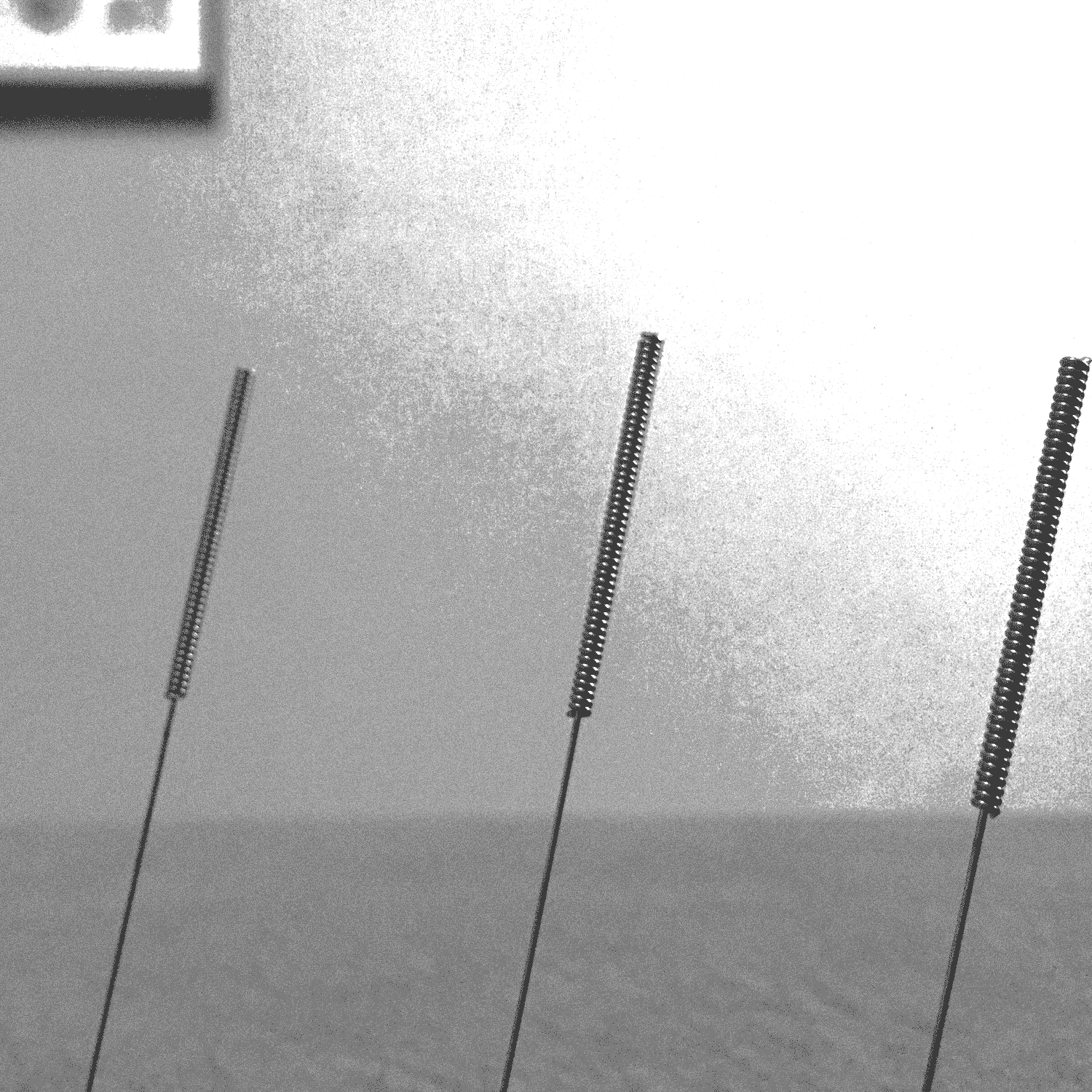what is acupuncture?
Acupuncture has been a part of traditional Chinese medicine for over 2,000 years. From this ancient perspective, the insertion and manipulation of needles under the skin at specific points on the body aims to restore the proper flow of blood and 'Qi' (loosely translated as 'energy'), in order to stimulate the body's own healing mechanisms. From the Western medical perspective, there is much debate about how acupuncture achieves its effects, but studies have shown (amongst other things) that blood flow is increased, hormones are influenced, and areas of the brain are directly affected (click here for an interesting discussion on the possible mechanisms involved). See the JCM website and my Research page for up-to-date information on acupuncture research.
Moxabustion (or 'moxa'), and cupping, are also important parts of acupuncture treatment. Moxa involves warming acupuncture points or areas of the body in various ways, for example with a cigar-like stick (see image to the right). Cupping therapy involves stimulating Qi and blood flow with glass or plastic suction cups.
Whatever your perspective, acupuncture can often provide significant health benefits, either by addressing specific conditions, or by improving general health and wellbeing. Treatment is aimed at the underlying 'root' of your condition, as well as the symptoms.
how many treatments will i need?
That's very hard to answer, as there are so many factors involved. Click here for a good article on the subject.
What to expect
Acupuncture involves the insertion of fine, sterile, single-use needles into various points on the body. This can cause a range of sensations, which most people find tolerable or even pleasant. Depending on your condition, other techniques may be employed, including cupping (the placement of suction cups onto the skin), electro-acupuncture (passing a mild current through the needles), moxabustion (warming acupuncture points with burning herbs), and tuina massage. Dietary and lifestyle advice may also be offered.
Adverse reactions are rare, although bruising can occasionally occur which usually clears within a few days. You may notice your bowel movements and other bodily functions alter as your system adjusts to treatment, and some people may experience what is sometimes called a 'healing crisis', where the condition temporarily worsens following treatment before getting better. You may feel tired after a treatment and should allow time to recover before driving etc.
what can acupuncture treat?
Unfortunately, due to new ASA regulations, acupuncturists and other healthcare providers are no longer allowed to discuss the benefits of their therapies in terms of specific conditons not deemed to be proven scientifically. Nor are they allowed to display information provided by patients who have found relief from specific conditions. Please refer to the Research and Conditions pages for a further discussion of these issues, and educational information regarding various conditions.
Please see my blog for my thoughts on the ASA regulations.
This video is for potential acupuncture patients, and aims to give an idea of what to expect from treatment. These are some of the very basics - I hope you find it useful.






